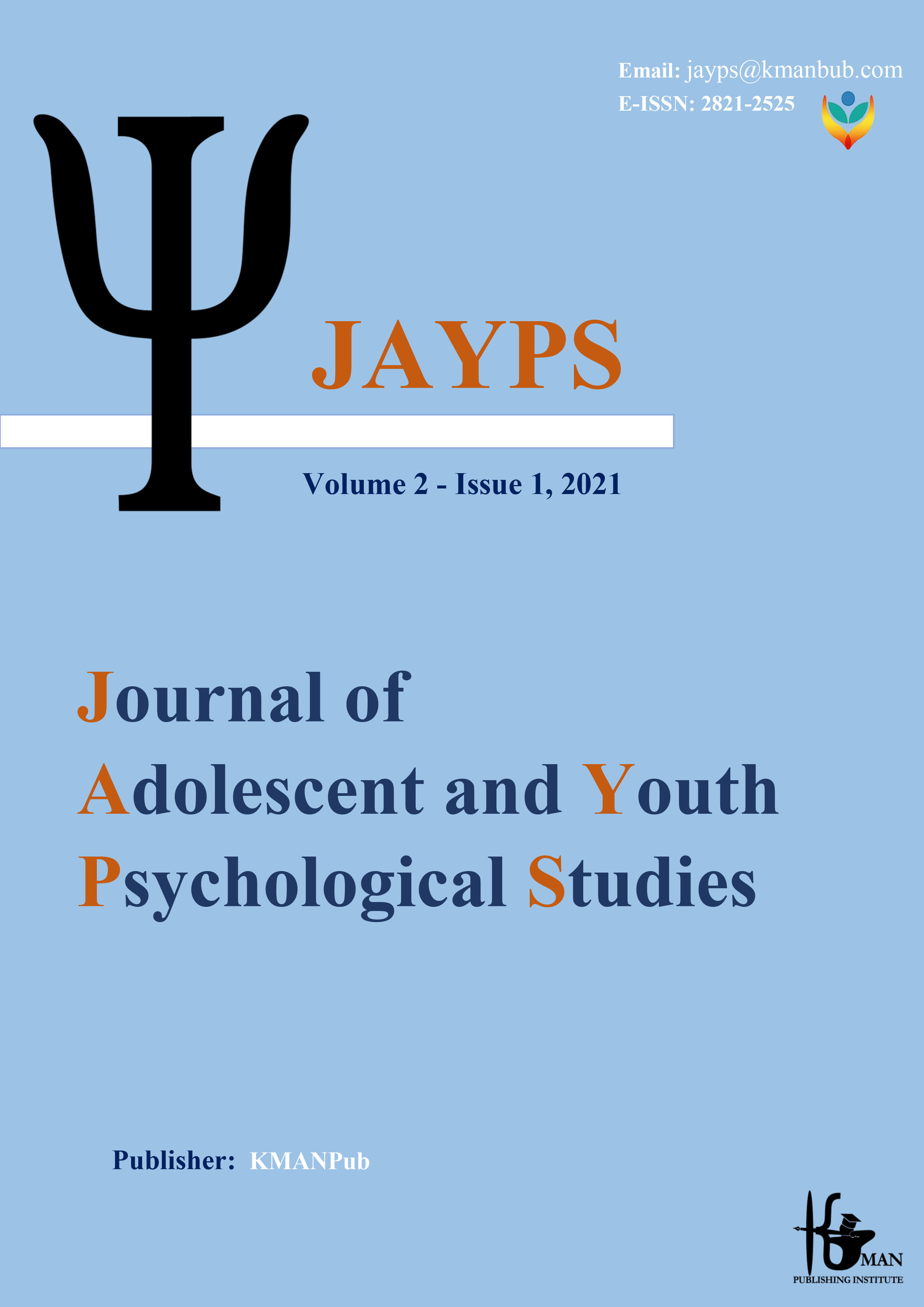Providing a Model of the Lived Experiences of School Principals in Relation to the Leadership of Students' Affairs Based on the Lived Experiences of Secondary School Principals
Keywords:
lived experiences, principal, leadership of student affairsAbstract
Background and Aim: The issue of interest to experts is that although countries and schools are heterogeneous in terms of context, it is necessary to examine leadership in its specific cultural, economic, political, and social context. The current research was conducted to provide a model of the lived experiences of school principals about the leadership of students' affairs based on the lived experiences of secondary school principals. Method: This research was conducted using the phenomenological method with an interpretative paradigm with the help of semi-structured interviews with secondary school principals who have lived experience in leading students' affairs in order to be able to define the leadership of students' affairs from the results of these interviews, and in this way to achieve the conceptual model of this structure. In this research, which was carried out using the qualitative method (phenomenology) and the modified applied method of the Vancom method by Moustax (1994), the concepts and themes of student affairs leadership were identified. Results: The results showed that these concepts are placed in the hearts of internal stakeholders and management in the form of two general leadership concepts. The lived experiences of managers also include the concepts of leadership in the hearts and minds of internal stakeholders, all-around growth, and team building. Finally, two general and important components were proposed for the implementation of leadership: within the school (this concept includes leadership, students, teachers, and executive staff, school atmosphere, and communication and interaction with internal stakeholders) and outside the school (this concept includes effective communication with external stakeholders). Conclusion: The results showed that in this research, the lived experiences of managers participating in the research, according to the emerging horizons, consist of: Leadership (including: leadership qualities, leadership goals, leadership style); Students (including: research programs, ducational programs, educational programs), teachers and executive staff (including: selection of teachers and staff, encouragement and retention of teachers and staff); school atmosphere (including: open atmosphere); Communication and interaction with internal stakeholders (including: interaction between leader and student, interaction between teacher and student, interaction between leader and teachers and staff, interaction between student and student, interaction between student and family); Communication and interaction with external stakeholders (including: effective communication of the leader with families, effective communication of the leader with regional organizations, effective communication of the leader with organizations and natural and legal persons, effective communication of the leader with other schools, effective communication of the leader with students who graduated from school).
Downloads
Downloads
Published
Issue
Section
License

This work is licensed under a Creative Commons Attribution-NonCommercial 4.0 International License.









